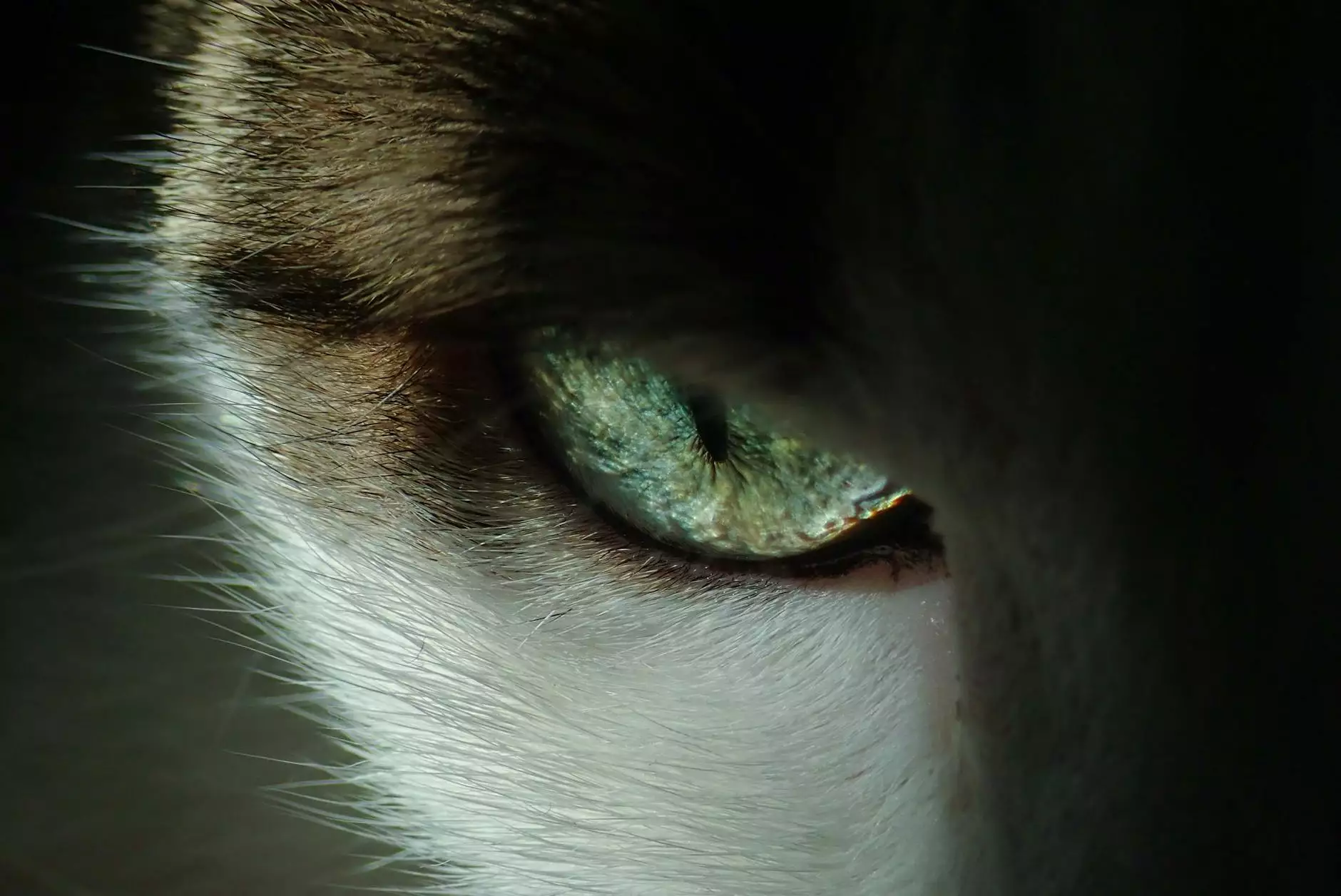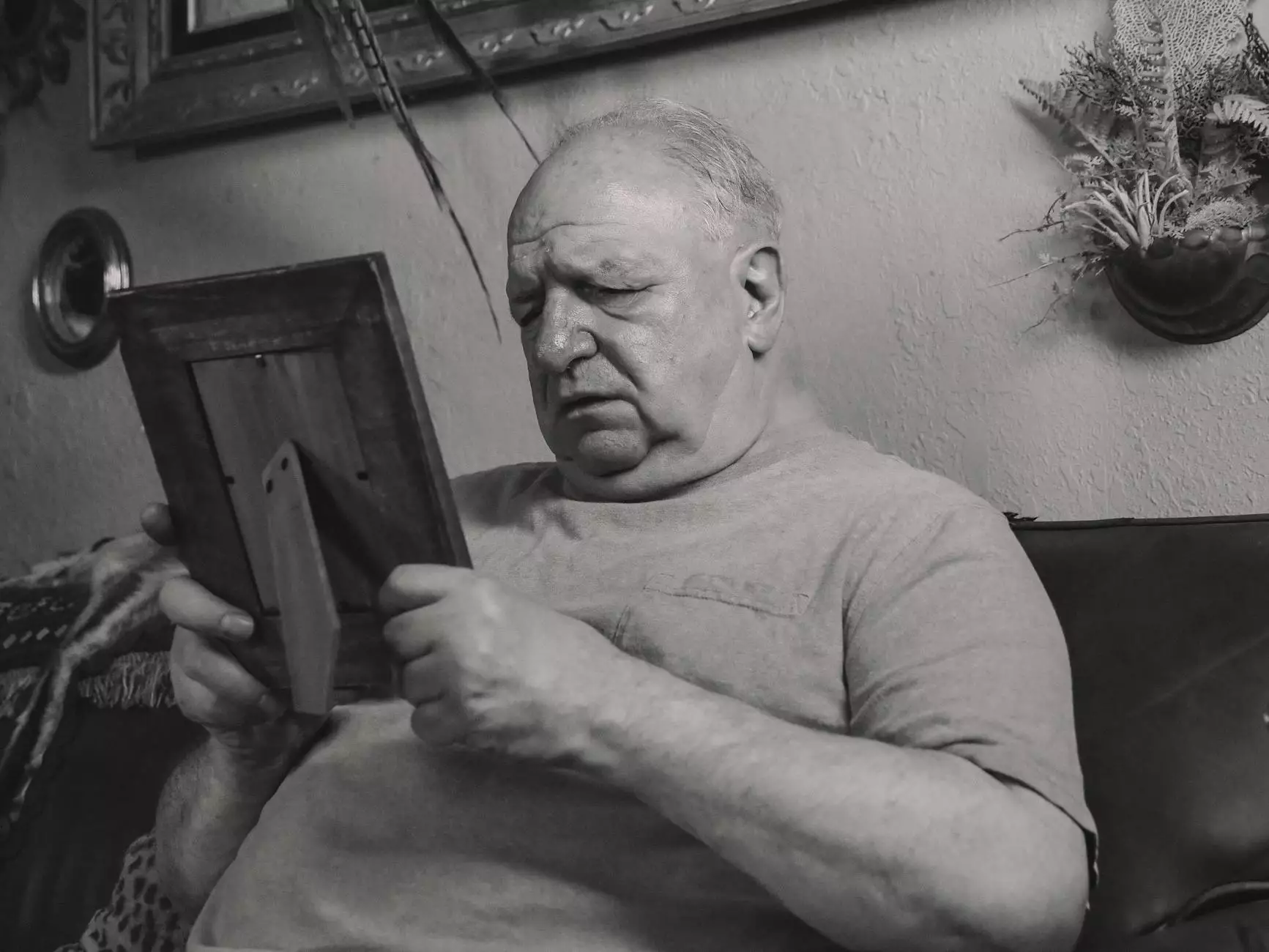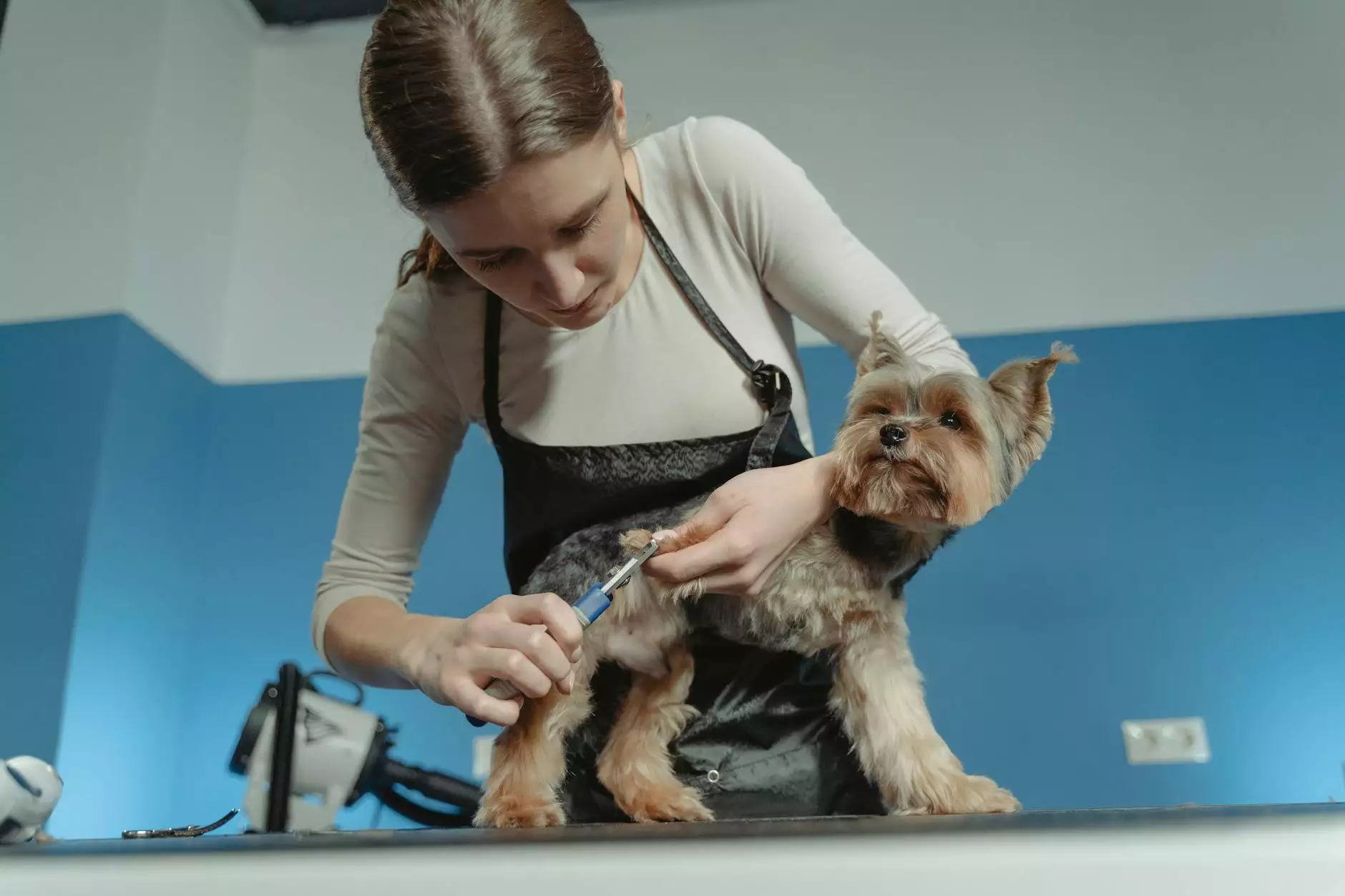Dementia in Senior Dogs

Introduction
As dogs age, they may experience various health conditions, including dementia. Dementia, also known as canine cognitive dysfunction (CCD), can significantly impact the quality of life for both dogs and their owners. At HGRBS, we specialize in providing comprehensive care and support for senior dogs, including those affected by dementia.
Understanding Dementia in Dogs
Dementia in dogs shares many similarities with Alzheimer's disease in humans. It is a progressive condition that affects the brain, leading to cognitive decline. Common signs of dementia in senior dogs include:
- Disorientation and confusion
- Changes in behavior and personality
- Loss of housetraining
- Decreased social interactions
- Changes in sleeping patterns
It is important to note that these symptoms can also be indicative of other health issues, so it is essential to consult with a veterinarian for a proper diagnosis.
Diagnosing Dementia in Dogs
Diagnosing dementia in dogs can be challenging, as there is no definitive test. Veterinarians typically rely on a combination of medical history, physical examination, and ruling out other possible causes for the behavioral changes. In some cases, additional tests, such as bloodwork or imaging, may be recommended.
Managing Dementia in Dogs
While there is no cure for dementia in dogs, there are various strategies to help manage the condition and improve the quality of life for your furry companion. At HGRBS, we understand the unique challenges faced by senior dogs with dementia, and we offer the following tips and support:
1. Environmental Enrichment
Creating a stimulating environment can help slow down the progression of dementia in dogs. Providing interactive toys, puzzles, and regular exercise can engage their senses and keep their minds active.
2. Routine and Structure
Establishing a consistent daily routine and maintaining a familiar environment can help reduce anxiety and confusion in dogs with dementia. Keeping mealtimes, walks, and playtime consistent can provide a sense of security.
3. Medications and Supplements
There are medications and supplements available that can help manage the symptoms of dementia in dogs. Your veterinarian can discuss the options suitable for your dog's specific needs.
4. Specialized Diets
Senior dogs with dementia may benefit from a diet designed to support brain health. Consult with your veterinarian to determine if a specialized diet is appropriate for your furry friend.
5. Patient and Loving Care
Dogs with dementia require patience, understanding, and extra care. Providing a calm and nurturing environment, along with plenty of affection, can make a significant difference in their overall well-being.
When to Seek Veterinary Assistance
If you notice any changes in your senior dog's behavior or suspect dementia, it is crucial to consult with a veterinarian. They can perform a thorough examination, provide an accurate diagnosis, and recommend the appropriate treatment and management plan for your furry companion.
Conclusion
At HGRBS, we understand the challenges of caring for senior dogs with dementia. Our team of experts is dedicated to providing comprehensive care and support for your beloved pets. By implementing strategies to manage dementia symptoms, we aim to improve the quality of life for both you and your furry companion. Contact us today to learn more about how we can assist you and your senior dog.










